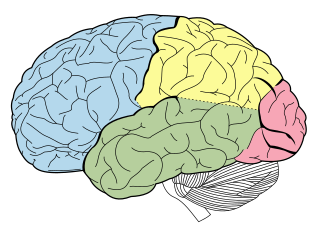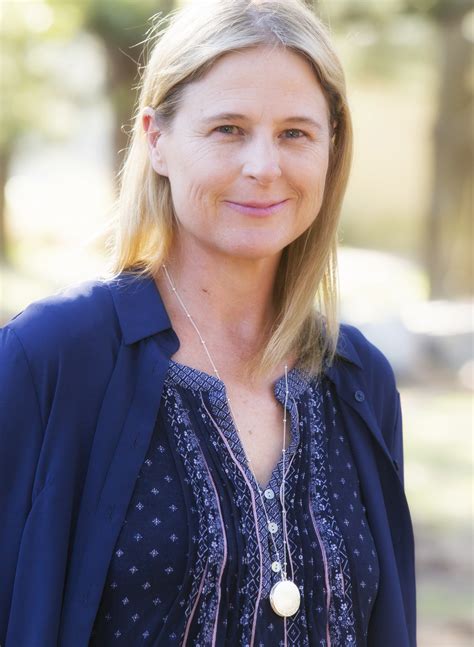A Quote by Shelby Harris
We actually don't know the function of sleep all that well yet, but sleep is a time of quiescence in the brain.
Related Quotes
Just as important as getting enough sleep is thinking about sleep in the right way. Stop thinking of sleep and naps as “downtime” or as a “waste of time.” Think of them as opportunities for memory consolidation and enhancing the brain circuits that help skill learning. Nor should you feel guilty about sleep. It's just as crucial a part of successful brain work as the actual task itself.
There is also a particular area of sleep called slow-wave sleep. I immediately liked this idea. It turns out this part of sleep is where the brain basically gets into step with itself and gets into this one single phase of these relatively slow brain waves - around 10 Hz or so - and the whole brain 'fires all at once'. This is a brilliant bit of sleep where we consolidate memory and learning, and memory is one of my obsessions really.
We've looked at sleep diaries of patients with insomnia, and they'll say that they don't sleep for one or two days. And the body actually has a natural function, after about the third day to start catching up and you get a little bit more sleep the third night. And that's usually what I tell my patients.
In a strange room you must empty yourself for sleep. And before you are emptied for sleep, what are you. And when you are emptied for sleep, what are you. And when you are emptied for sleep you are not. And when you are filled with sleep, you never were. I don't know what I am. I don't know if I am or not.
People who are contented and serene sleep well. They fall asleep easily, stay asleep, and wake refreshed. Conversely, people who are anxious, stressed, or depressed do not sleep well, and chronic insomnia is strongly associated with mood disorders. These are clear correlations, but what is cause and what is effect is not clear. Most experts agree that sleep and mood are closely related, that healthy sleep can enhance emotional well-being, while insufficient quantity or quality of sleep can adversely affect it.
Our relationship with sleep is currently in crisis, but we're also living in a golden age of sleep science - revealing all the ways in which sleep and dreams play a vital role in our decision-making, emotional intelligence, cognitive function, and creativity. Every week, new research reveals how vital sleep is to our health, happiness, job performance, and relationships.
When you become a mom you just learn how to function sleep deprived and you do get used to it. I came back to work when Finley was three months old and the first few months were rough. Then somehow you learn to exist on no sleep and now when he does upon occasion sleep through the night, which is like a full six hours, you're pretty sure he's suffocating. So you don't sleep anyway.

































